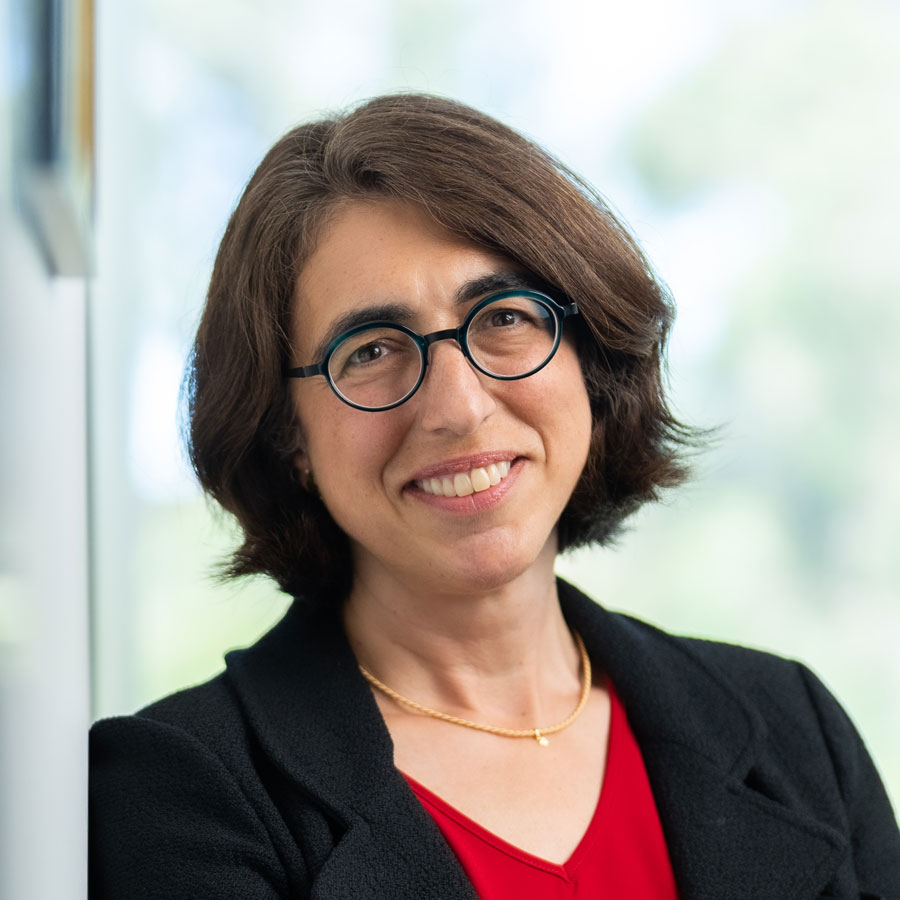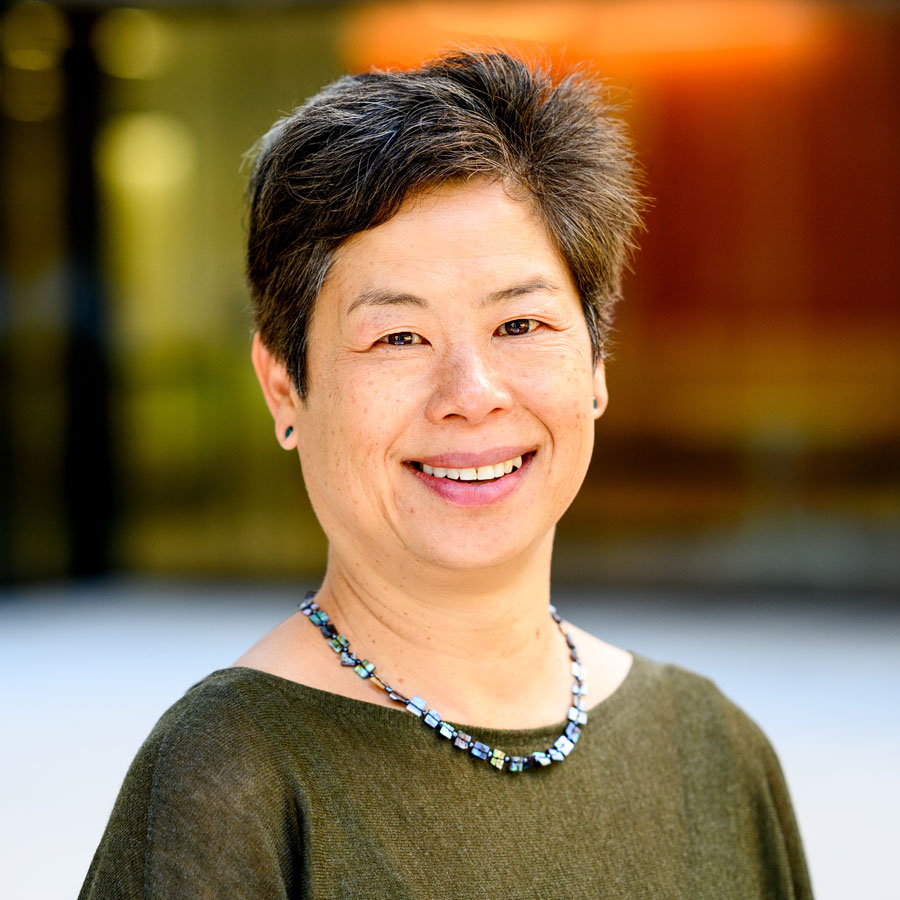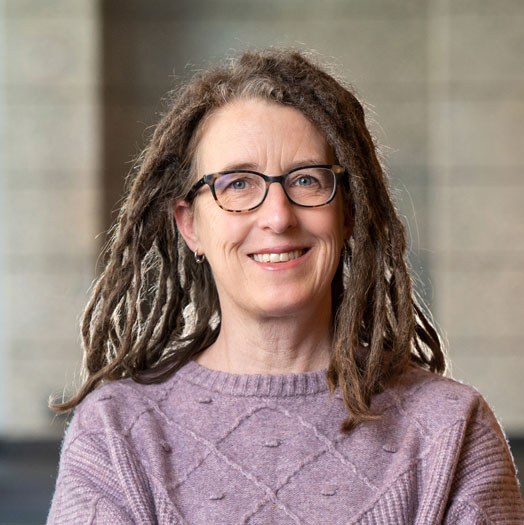3 UCSF Faculty Elected to the National Academy of Medicine for 2022
Three UC San Francisco faculty members are among the 100 new national members elected this year to the National Academy of Medicine (NAM), one of the highest honors in the fields of health and medicine.
Membership in the NAM recognizes individuals who have demonstrated outstanding professional achievements and commitment to service in the medical sciences, health care and public health.
“This extraordinary class of new members is comprised of exceptional scholars and leaders who have been at the forefront of responding to serious public health challenges, combatting social inequities and achieving innovative discoveries,” said National Academy of Medicine President Victor J. Dzau in a press release. “Their expertise will be vital to informing the future of health and medicine for the benefit of us all. I am truly honored to welcome these esteemed individuals to the National Academy of Medicine.”
This year, the following UCSF faculty will join the National Academy of Medicine:

John G. Bowes Distinguished Professor in Stem Cell and Tissue Biology, and director of the Eli and Edythe Broad Center of Regeneration Medicine and Stem Cell Research

Professor of Medicine and Computational Precision Health, and UCSF director of the UCSF/UC Berkeley Joint Program in Computational Precision Health
Photo credit, left to right: Maurice Ramirez; Michael Short/Gladstone Institutes; Noah Berger
MacKenzie is a pediatric and fetal surgeon pioneering better ways to diagnose and treat genetic diseases before birth. Her research lab is focused on examining the unique biology between the mother and her fetus, with the idea that pregnancy complications such as preterm labor arise from a breakdown in maternal-fetal tolerance.
As a physician-scientist, MacKenzie has been at the forefront of developing novel in utero molecular therapies for fetuses with genetic diseases, and was the first to perform a clinical trial to test the strategy of transplanting a woman’s stem cells into her growing fetus for a condition that is usually fatal before birth. She is currently conducting the first clinical trial for in utero enzyme replacement therapy for fetuses with severe lysosomal storage disorders. Her lab also investigates maternal-fetal tolerance and gene therapy.
MacKenzie co-directs the Center for Maternal-Fetal Precision Medicine, with a research goal of accelerating stem cell and gene therapies for patients with genetic diseases. She is a Benioff Distinguished Professor in Children’s Health.
Data scientist Katie Pollard is a global leader in the charge to develop statistical models and bioinformatics software that can perform rigorous quantitative analysis of the massive datasets generated by advanced sequencing methods and other technologies. Her lab has developed open-source software that is used worldwide for studying gene expression, comparative genomics and microbiomes.
Pollard discovered stretches of human DNA, dubbed Human Accelerated Regions, that are found in all vertebrates, but which differ considerably in humans compared with other vertebrate animals, indicating that they evolved relatively rapidly. She has shown that these regions – which are often in what was once referred to as “junk DNA” – regulate psychiatric disease genes in humans.
Pollard is a member of the Bakar Computational Health Sciences Institute and serves on the executive committee for UCSF’s Bioinformatics Graduate Program. She has led the Gladstone Institute of Data Science and Biotechnology at Gladstone Institutes since its inception in 2018. In addition, Pollard is also a fellow at the International Society for Computational Biology, the American Institute for Medical and Biological Engineering, and the California Academy of Sciences.
Sim, a primary care physician and an advocate of computation for transforming health care, is a global leader in the technology and policy of large-scale health data sharing. She has championed and created groundbreaking technical and policy architectures and tools, enriching care processes with patient experience information and accelerating discovery through open data sharing.
As a co-founder of Open mHealth, she spearheaded development of an open software architecture that set global standards for mobile health and data integration. A leader in clinical trial data sharing, she led the World Health Organization to establish clinical trial registration as official global policy and co-founded Vivli, the world’s largest data-sharing platform for clinical trials data.
In 2021, Sim became the inaugural UCSF director of the new UCSF UC Berkeley Joint Program in Computational Precision Health, a first-of-its-kind cross-campus graduate program combining the strengths of both campuses to apply computation to real-world settings to improve individual and population health.
New members to the NAM are elected by current active members. This year’s elections bring UCSF’s membership in the NAM to 121.
The National Academy of Medicine, established in 1970 as the Institute of Medicine, is an independent organization of eminent professionals from diverse fields including health and medicine; the natural, social, and behavioral sciences; and beyond. It serves alongside the National Academy of Sciences and the National Academy of Engineering as an adviser to the national and the international community.

